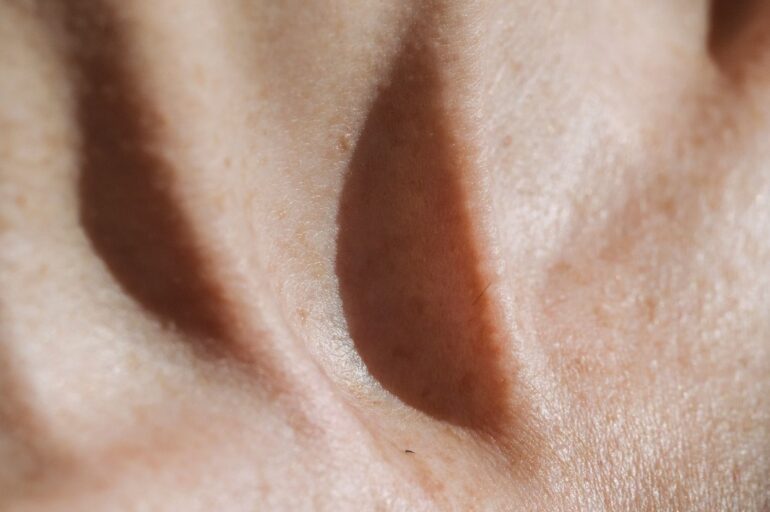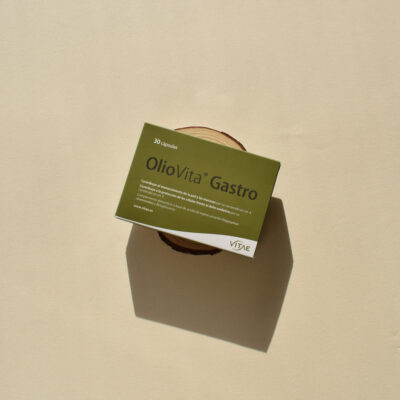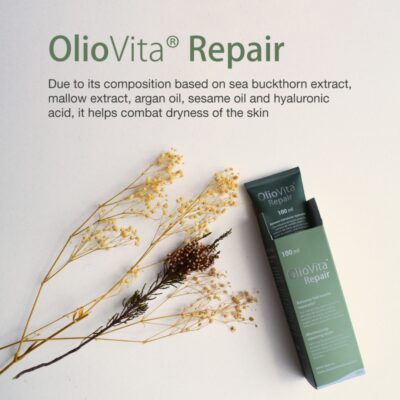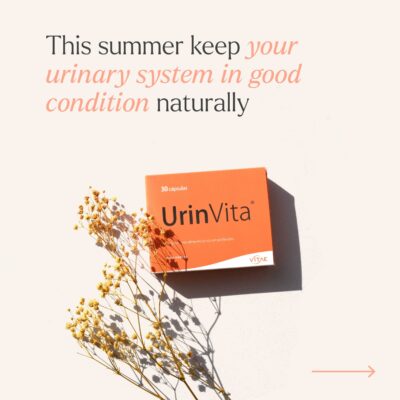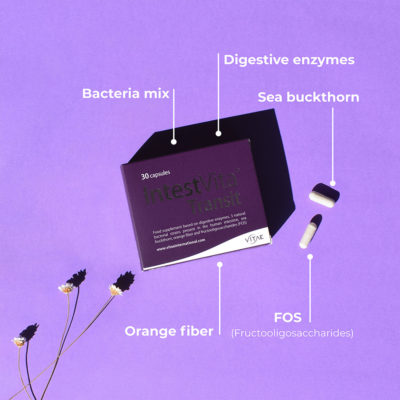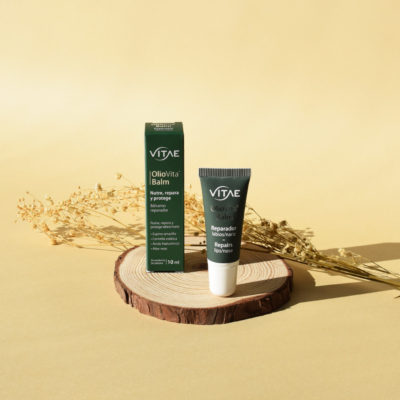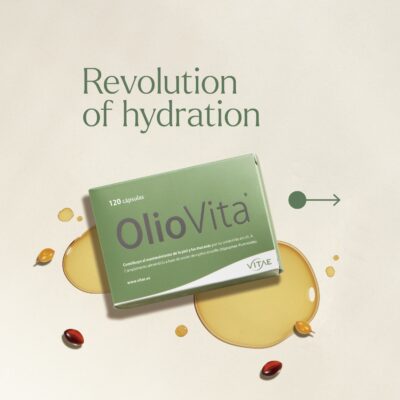The largest organ in the body is the skin, since it completely covers us. In an adult it has an approximate surface area of 2 square meters and weighs around 5kg. It is made up of three layers: the epidermis, the dermis, and the hypodermis. In this article we will explain everything about the barrier function, what it is and how the skin works.
Layers of skin
- Epidermis: is the outermost layer of the skin.
- Dermis: It is the layer in which we find blood vessels, collagen and elastin, which is responsible for keeping the different layers together, as well as giving flexibility and strength to the skin.
- Hypodermis (subcutaneous layer): it is the deepest layer, formed by collagen and fatty tissue. Helps conserve body heat and protects the body from external injury.
Skin functions
One of the main functions of the skin is to protect us from external agents while allowing us to interact with our environment. Below we explain the most important functions of this extensive organ.
- Protection: one of the main functions of the skin. It protects us from any external attack such as burns, blows, temperature, etc.
- Temperature regulation: when we sweat, our body manages to cool down. And when we are cold, the blood vessels fill with blood to keep us warm. This means that our body is always at the right temperature.
- Immunity: the skin is the first natural barrier of our body, when it is attacked by germs and bacteria.
- Touch: in the dermis we find the nerve endings that send to the brain all the impulses that they collect and we know as the sense of touch. It also allows us to detect the temperature and react to situations of cold or heat.
- Absorption: the skin “breathes”, that is, it absorbs oxygen, nitrogen and other substances found in the air, necessary for proper functioning.
- Impermeability: the skin does not allow water to penetrate through it, since the skin is made up of natural oils, which have to be maintained from the hydration of creams, oils or other means. On the other hand, our skin is made up of 70% water and prevents water from being lost, as well as “lets us know” if it needs hydration due to the appearance of dry skin.
- Elimination of dead cells: our body constantly reproduces new cells and replaces the old ones and many of them are expelled through the skin. This function of the skin is what allows it to regenerate and heal faster.
Common skin problems
- Acne
- Dermatitis
- Fungal infections
- Sunburn
- Skin cancer
What happens when our barrier function is altered?
The skin can give us more information about what happens inside us. When the skin barrier is affected or altered, we can begin to see different signs that confirm these indicators. We begin to see dehydrated skin, since due to pollution, chemical products and bacteria, the water that we have in our body can come out. This leads to skin looking dull, hyperpigmentation , itching, rosacea, and even eczema or infections, that is, dehydrated skin. It can also lead to flaking, inflammation, dryness, all of which are signs that our skin barrier is not working well. Therefore, what can we do to avoid reaching this point?
How can we protect our barrier?
- Protect yourself from the sun: one of the most important things we can do is protect ourselves from the sun, as it can cause wrinkles, age spots, or even increase the risk of skin cancer. To get the best sun protection, it will be better to use sunscreen, avoid direct sun and wear protective clothing such as long fabrics, hats.
- Do not smoke: smoking makes our skin look much older and causes wrinkles to appear. Smoking narrows the blood vessels in the uppermost layers of the skin, slows blood flow, and makes the skin appear paler. In addition, it damages collagen and elastin, which results in skin having less strength and elasticity.
- Treat the skin gently: treating the skin with care is essential to have a healthy skin. When cleaning it and even shaving it must be delicate. You should avoid strong soaps, shave carefully, pat yourself dry and not drag the towel, limit the duration of baths and avoid very hot water. And above all, hydrate the skin.
- Healthy diet: It is best to eat lots of fruits, vegetables, whole grains, and lean proteins. Also drink plenty of water, so that the skin can stay hydrated.
• Avoid stress: stress causes the skin to become more sensitive, so to avoid it, try to get enough sleep, take time to do those things you like, set reasonable limits.
The skin must be kept clean and well hydrated. We have to be aware of the good care that we must take of her, since she has a memory, therefore, the more we take care of her and pamper her now, she will thank us in the long term.
Vitae solution
OlioVita is a food supplement based on sea buckthorn oil, rich in Omega 7, Omega 3, 6 and 9, as well as natural vitamins A and E that contributes to the nutrition, hydration and regeneration of skin and mucous membranes . Sea Buckthorn Oil is a powerful antioxidant and can help slow down the aging process of the skin, increase elasticity, and diminish wrinkles from the innermost layers of the skin. This product is aimed at people who want to repair and recover their skin’s natural glow, in addition to protecting its barrier function.

